
Along with infection, excessive bleeding, swelling and nerve damage, dry socket or alveolar osteitis is one of the potential complications that may occur following the extraction of a tooth.
What is dry socket?
When a tooth is extracted, a blood clot forms at the site, preventing excessive bleeding and protecting the wound. However, if the clot is dislodged or it dissolves before time, the wound becomes open again, exposing the underlying bone structure and nerves, which results in severe pain and risk of infections. This is called dry socket and it is particularly common after wisdom teeth extraction.
Dry socket cannot be completely solved with over-the-counter medications, which only serve to relieve the pain. This means that dry socket requires a visit to the dentist or oral surgeon who will repair the problem.
Prevention of dry socket
In order to prevent dry socket, it is very important to strictly follow all the instructions provided by the dentist or the oral surgeon who performed the extraction.
Antibacterial mouthwash or similar solutions may reduce the chance of infections which can also lead to dry socket. Oral antibiotics are usually prescribed before the procedure, for the same purpose. However, if using saline solution or mouthwash, it is extremely important to swish it very gently around the mouth, otherwise the blood clot can be dislodged.
After the procedure the patient is advised to only eat liquid or soft foods, so the wound can stay clean. It is also recommended to avoid using the side of the mouth where the extracted tooth used to be. When consuming beverages and liquid foods, such as soup or smoothies, it is very important to avoid suction. This means that straws are not allowed, even though they may seem like a logical solution. Smoking is not allowed mainly because of the suction it involves. Vigorous or strenuous physical activity should be avoided during the first 24 hours.
What to do after the extraction of a tooth
Caffeinated beverages and alcohol are not allowed until the wound heals. As for the medication, pain killers can be taken to alleviate the pain, but Aspirin is not recommended because it may lead to bleeding.
As for the oral hygiene, it should be maintained, but with caution. The area around the extraction site should not be brushed for at least 24 hours after the procedure or until the bleeding stops completely. It is also recommended to gently rinse the mouth with warm saline solution every few hours and after each meal for two weeks following tooth extraction.


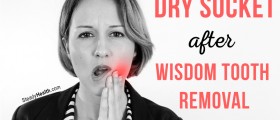
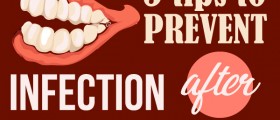
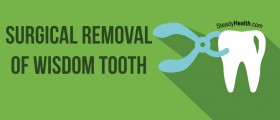
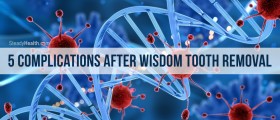
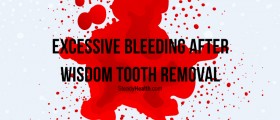
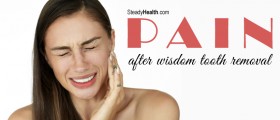
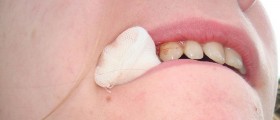



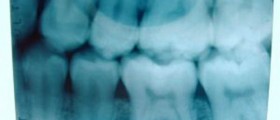


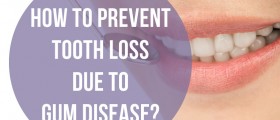
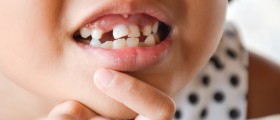
Your thoughts on this
Loading...